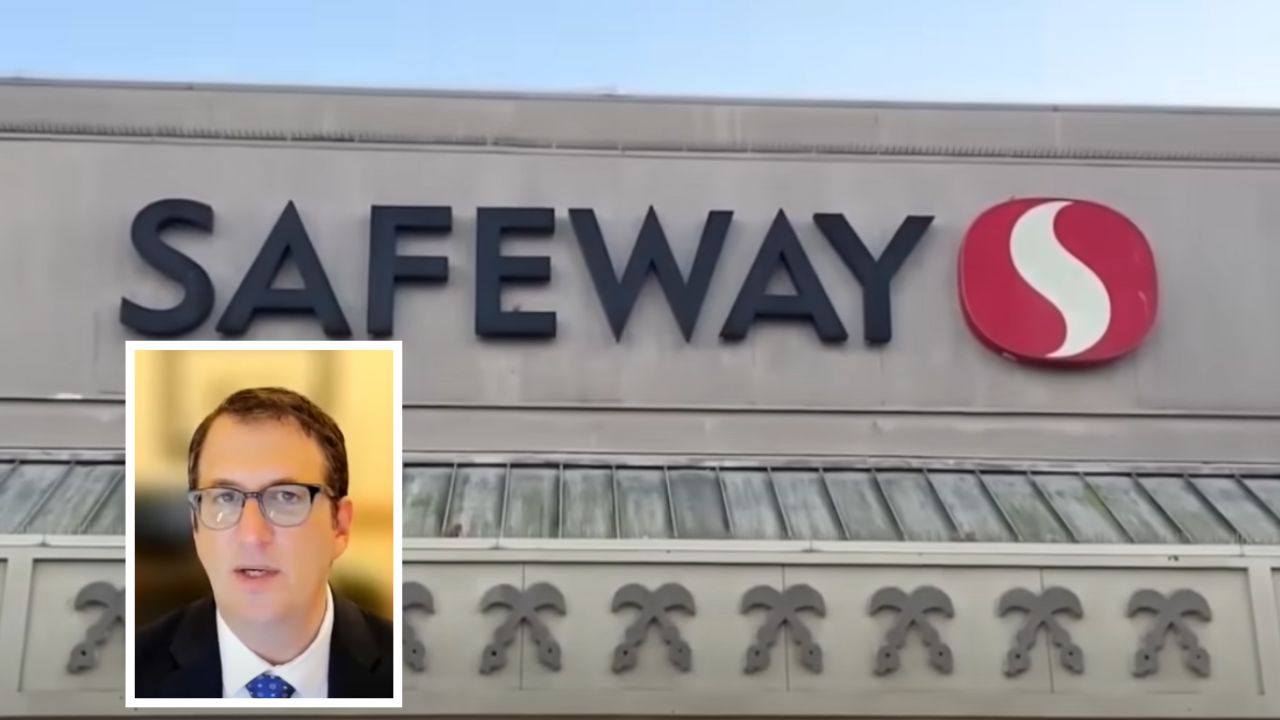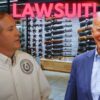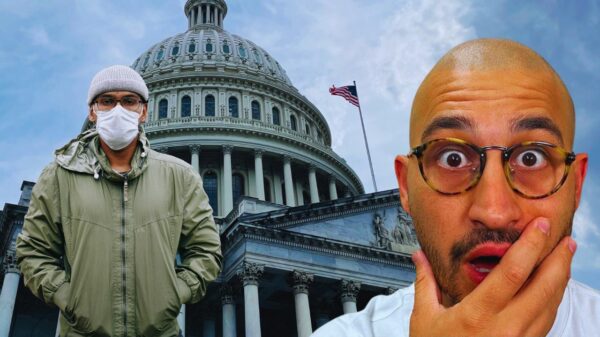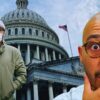San Francisco Supervisor Dean Preston’s recent proposal to prevent grocery store closures in the face of rampant theft has ignited a contentious debate in the city. The proposal, dubbed the “grocery protection act,” aims to address the growing issue of retail theft, which has led to several businesses shuttering their doors, including the iconic Safeway on Webster Street.
The Impact of Retail Theft on Communities
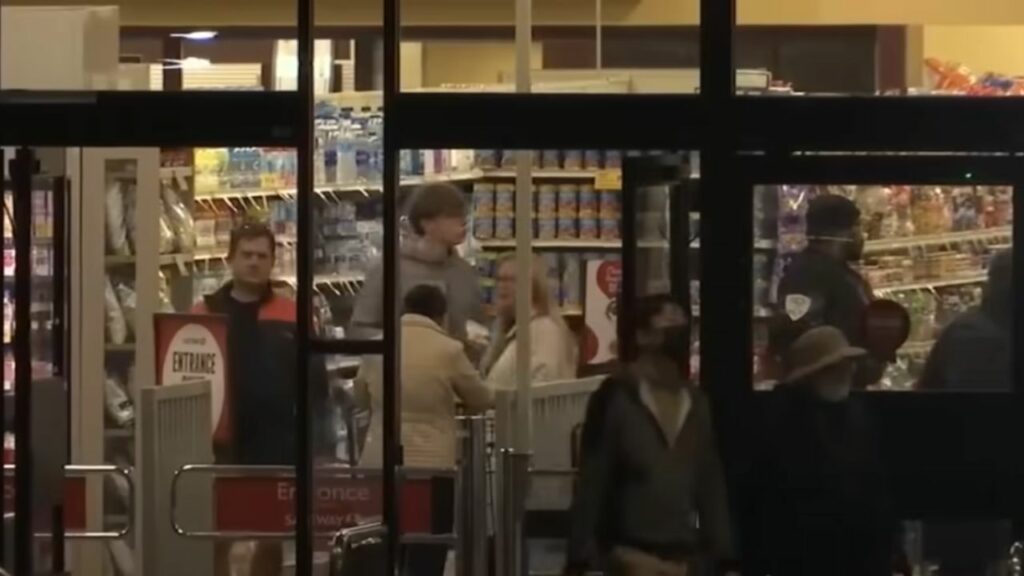
The city’s retail landscape has been deeply affected by the surge in theft, attributed to the ongoing drug and homelessness crisis. Incidents of theft have skyrocketed, creating an environment where businesses struggle to operate profitably and ensure the safety of their customers and employees.
Preston’s Proposal Takes Center Stage
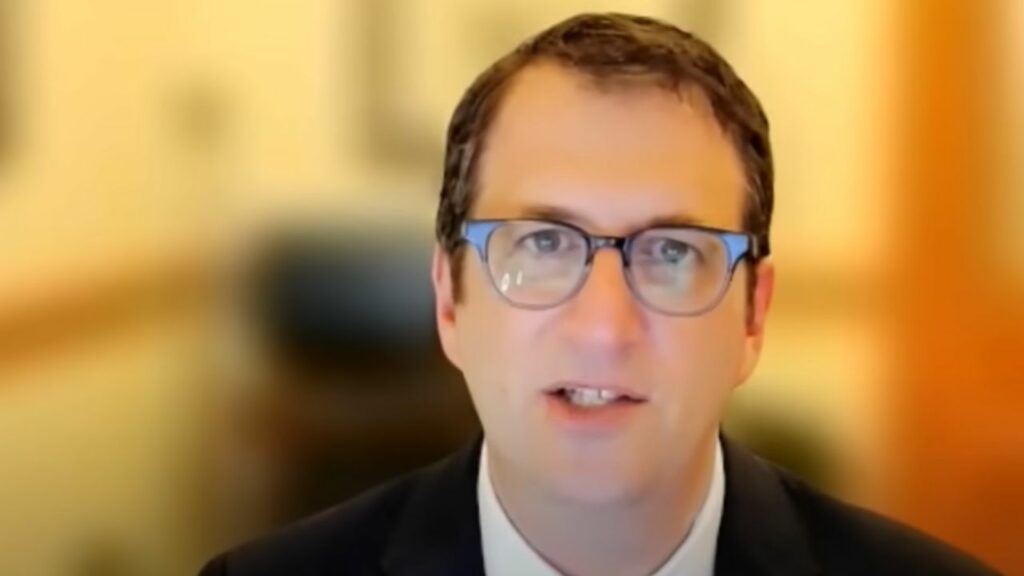
Preston’s proposal requires grocery stores planning to close to provide a six-month notice and find a replacement grocer. Failure to comply could result in lawsuits from residents affected by the closure. While Preston argues that the measure is necessary to protect vulnerable communities, critics warn of its potential negative consequences for businesses and the broader economy.
The Fallout from Store Closures
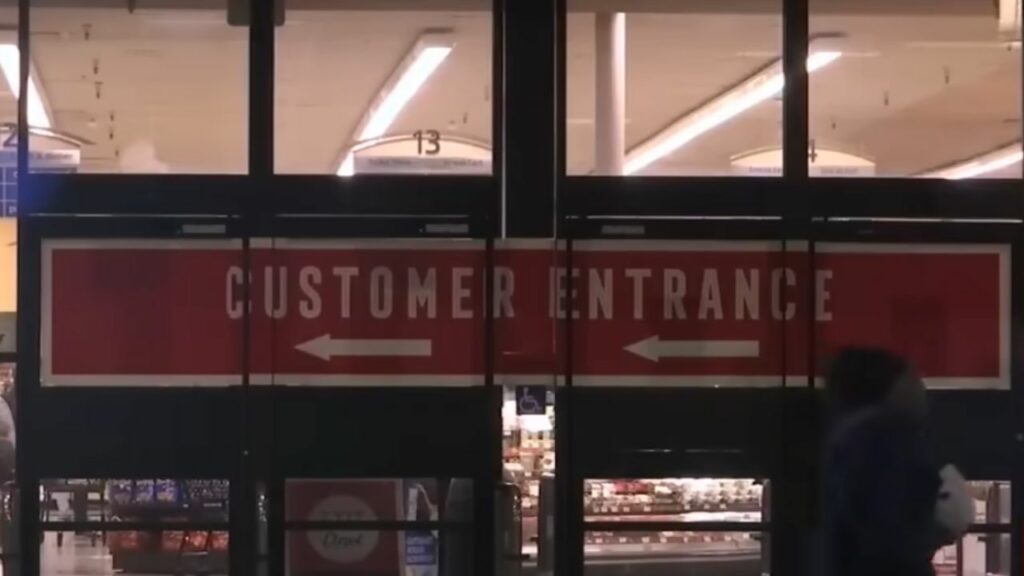
Community members have expressed concern over the closure of stores like Safeway, which serve as vital hubs for groceries, banking, and pharmacy services. The closure of such establishments could disproportionately impact vulnerable groups, including low-income residents and seniors, who rely on these stores for essential goods and services.
Historical Precedent: Echoes of Past Proposals
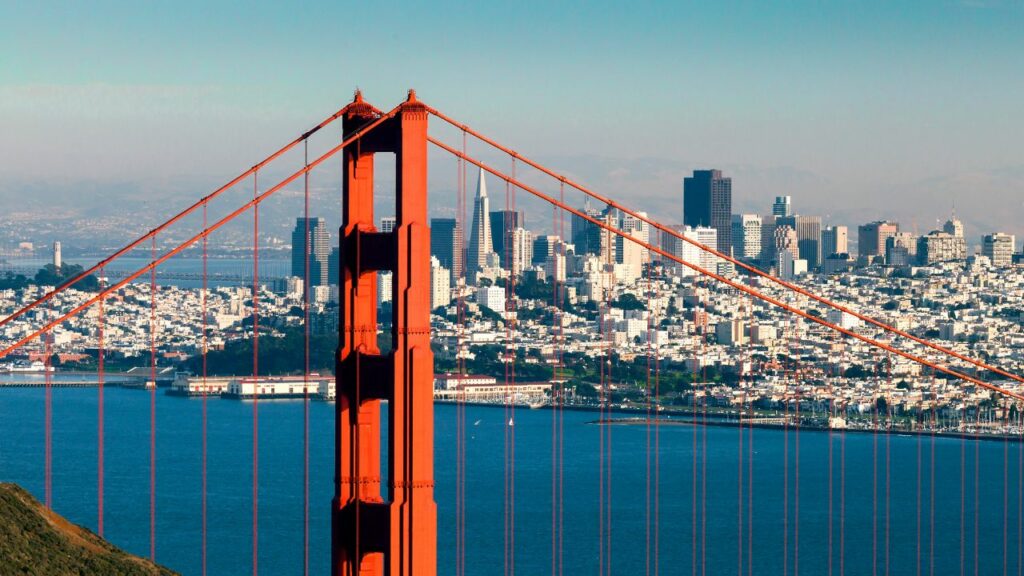
The proposed ordinance draws parallels to a similar law proposed in 1984, which was ultimately vetoed by then-Mayor Diane Feinstein. Despite historical precedent, Preston’s proposal has gained traction among some city officials, reflecting growing frustration with the escalating retail theft crisis.
Business Burdens

Business owners face mounting pressure to remain open despite significant operational challenges. The heightened risk of theft, coupled with financial strains exacerbated by the pandemic, has made it increasingly difficult for businesses to operate profitably in San Francisco.
Debating the Efficacy of Preston’s Proposal

Critics argue that Preston’s proposal is misguided and fails to address the root causes of retail theft. Instead of imposing burdensome regulations on businesses, they advocate for comprehensive solutions that tackle issues such as homelessness, substance abuse, and mental health.
Progressive Agenda vs. Practical Considerations

Preston’s progressive agenda clashes with practical considerations, as his proposal undermines businesses’ ability to protect themselves and adapt to challenging circumstances. The proposed ordinance risks deterring investment and entrepreneurship in San Francisco, further exacerbating the city’s economic woes.
Balancing Act or Recipe for Disaster?
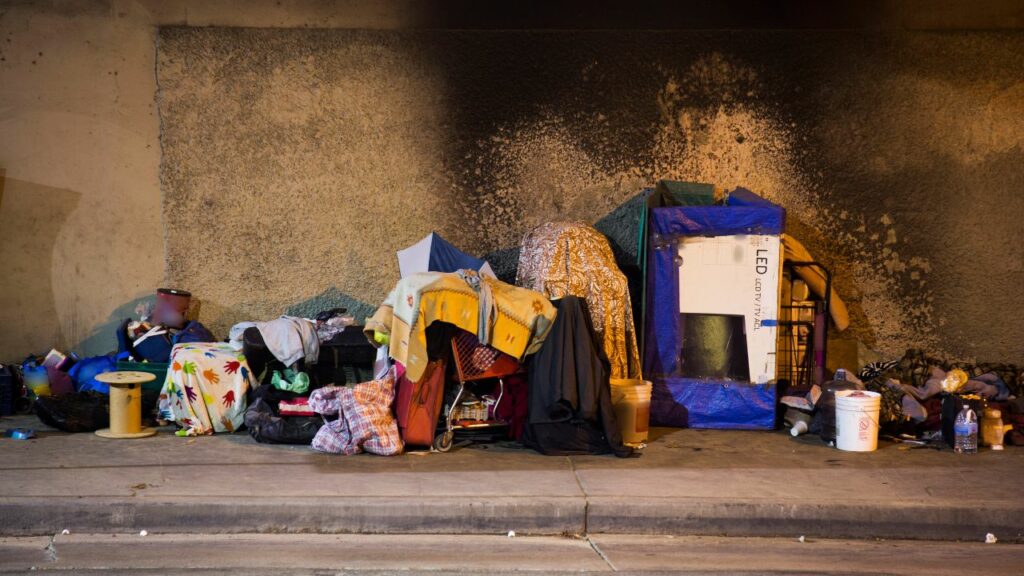
As the debate unfolds, stakeholders must grapple with finding a balance between protecting businesses, supporting communities, and addressing systemic issues plaguing San Francisco. The outcome of this debate will have far-reaching implications for the city’s future economic viability and social cohesion.
A Necessary Intervention?
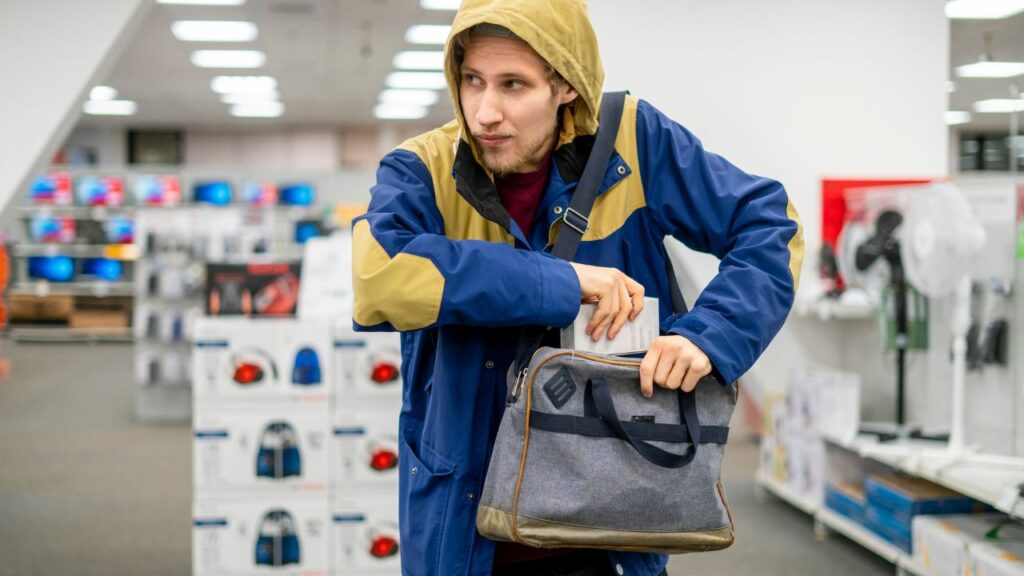
What are your thoughts? How do you perceive the balance between protecting businesses and addressing social issues like homelessness and substance abuse in San Francisco’s retail landscape? Do you believe Dean Preston’s proposal to prevent grocery store closures is a necessary intervention, or does it risk unintended consequences for businesses and communities?
Alternative Solutions
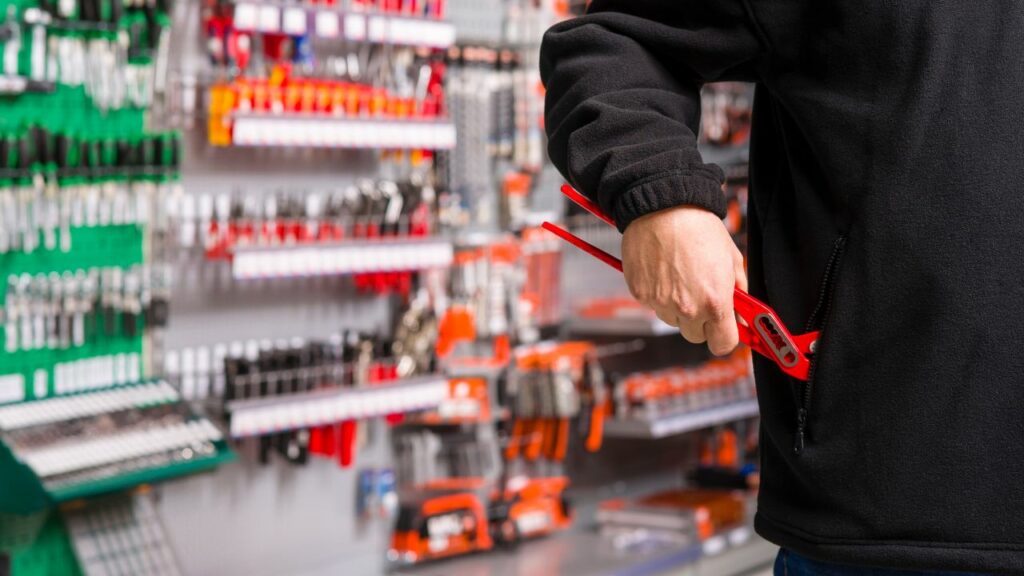
What alternative solutions would you propose to address the root causes of retail theft and support both businesses and vulnerable communities in San Francisco? How might the implementation of Preston’s proposal impact entrepreneurship and investment in the city, considering its potential ramifications for the business environment?
